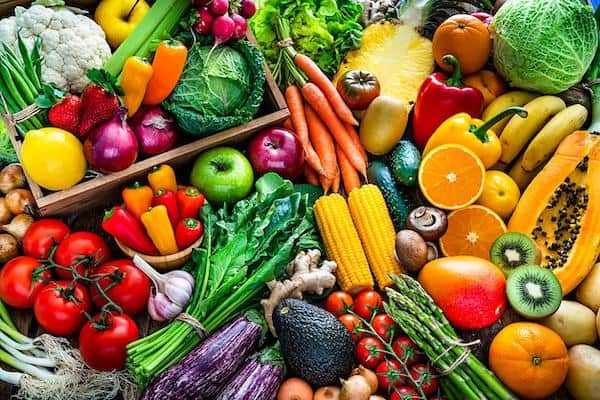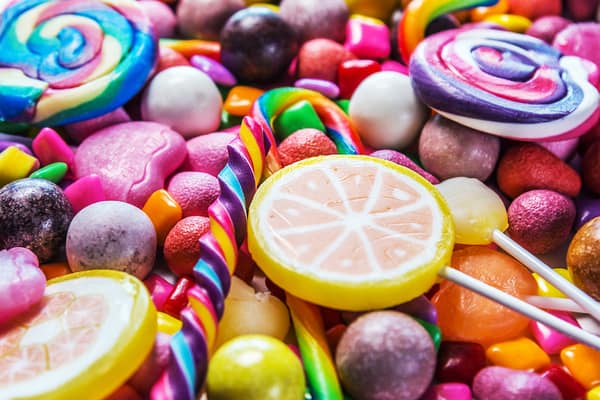When consuming sugary and starchy foods or drinks, you may not realize it, but you’re potentially feeding the plaque that can cause problems in your mouth.
Here’s a list of food items you should add to your diet and foods you should steer clear of if you’re looking to prevent any possibilities of tooth decay or other dental health problems:
Foods You Should Include in Your Diet
Fibre-rich fruits and vegetables: Foods with fibre stimulate saliva flow, which is a natural defense against cavities. Not only does saliva wash away food particles and clean your mouth, about 20 minutes after you eat something, saliva begins to neutralize the acids attacking your teeth. Opt for crisp fruits and vegetables like apples, carrots and celery.

Cheese, milk, plain yogurt and other dairy products: Cheese is another saliva maker. The calcium in cheese, and the calcium and phosphates in milk and other dairy products, help put back minerals your teeth might have lost due to other foods. They also help rebuild tooth enamel.
Sugarless chewing gum: Chewing sugar-free gum after meals and snacks can help rinse harmful acid off your teeth to help you preserve tooth enamel. But be sure it’s sugarless! Chewing gum containing sugar may actually increase your chances of developing a cavity. Sugarless gum containing xylitol, which has been shown to have decay-preventive qualities, may even have an added benefit. Research indicates that xylitol most likely inhibits the growth of Streptococcus mutans, the oral bacteria that cause cavities.
Green and black teas: Tea contains compounds that suppress bacteria, slowing down the processes responsible for tooth decay and gum disease. Depending on the type of water you use to brew your tea, a cup of tea can also be a source of fluoride. If you add sugar to your tea, be sure you rinse with water or brush afterward.
Water with fluoride: Fluoridated drinking water, or any product you make with fluoridated water, helps your teeth. This includes powdered juices and dehydrated soups. If fluoridated tap water is not available where you live, ask your dentist about fluoride supplementation.
Foods to Avoid
Sugary candies and sweets that stay in your mouth: If you eat sweets, go for those that clear out of your mouth quickly. Those that stick around — lollipops, caramels, jelly beans and hard candies — make it difficult for saliva to wash the sugar away. Snacks like cookies, cakes or other desserts contain a high amount of sugar, which can cause tooth decay. If you eat these foods, limit when you eat them, instead of snacking on them through the day, and brush your teeth afterward.

Starchy, refined carbohydrates: Foods such as chips, bread, pasta or crackers can be as harmful to the teeth as candy. Starches made from white flour are simple carbohydrates and can linger in your mouth and then break down into simple sugars. Bacteria feed on these sugars and produce acid, which causes tooth decay. Avoid eating them throughout the day and brush afterward.
Beverages with added sugar: Be aware of the amount of sugar in your drinks by checking the nutrition label. Consider alternatives such as water, tea, coffee and coconut water.
Fruit juice: Fruit is an important part of a healthy diet. Whole fruits have fiber and are a less concentrated source of sugar (and sometimes acids) than juice. When you drink fruit juice, use a straw to keep it from having too much contact with your teeth or rinse with water afterward.
Lemons, citrus fruits and other acidic foods: Avoid keeping these foods in your mouth for a long period of time.
If you reside in the St.Catherines area, give our office a call at (905) 937-4673 to schedule an appointment.